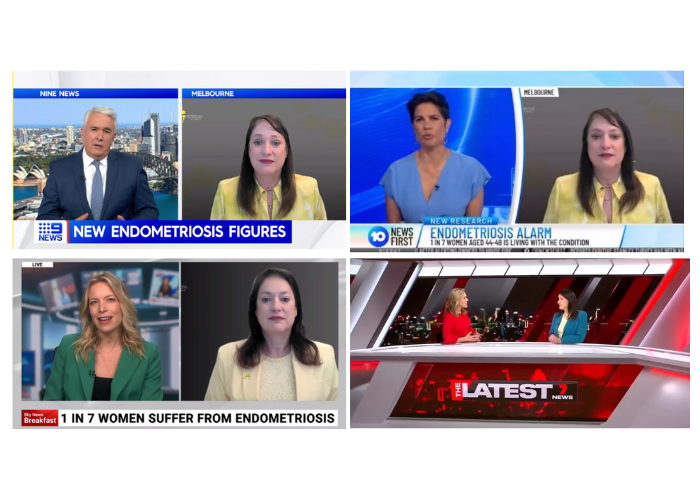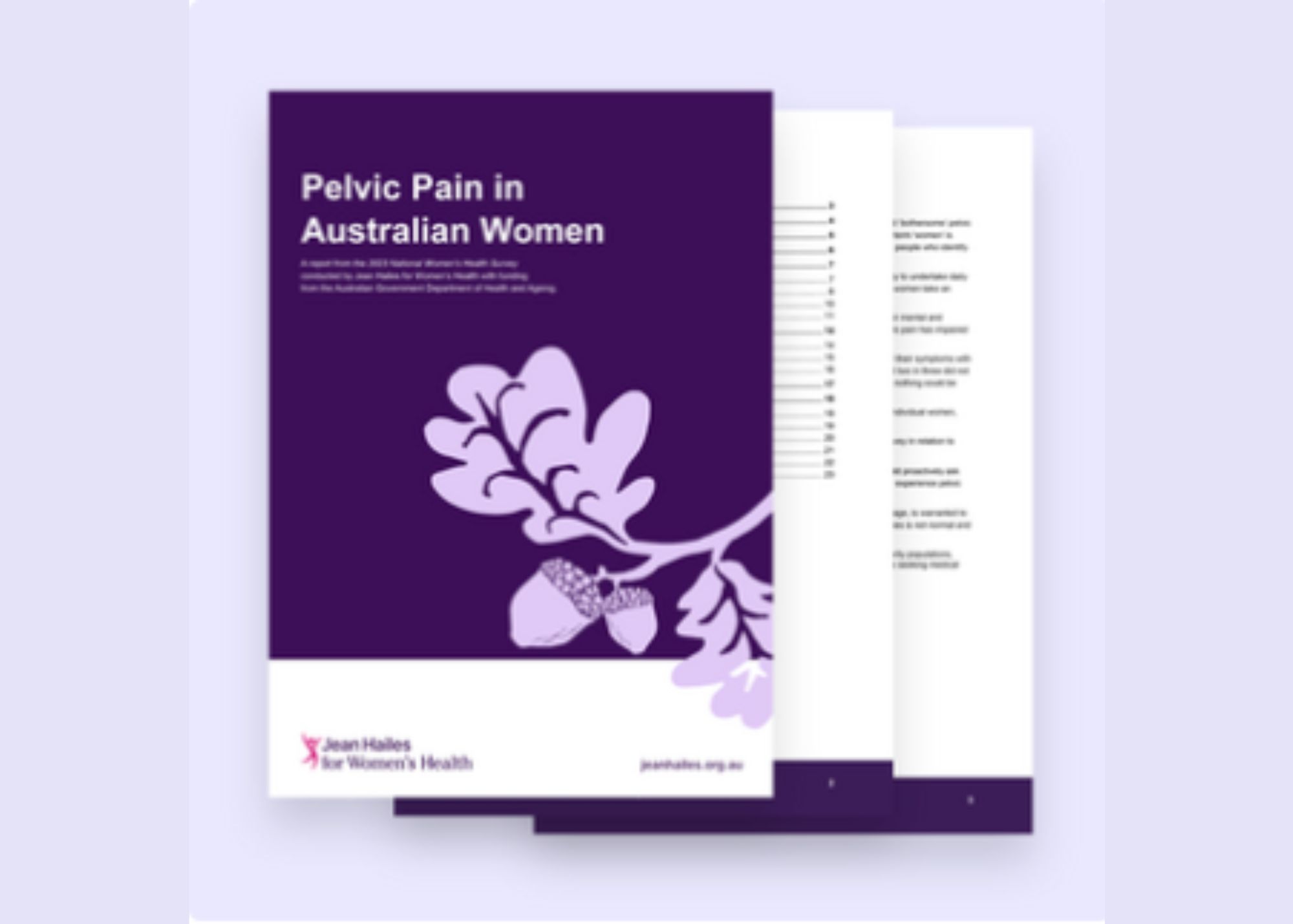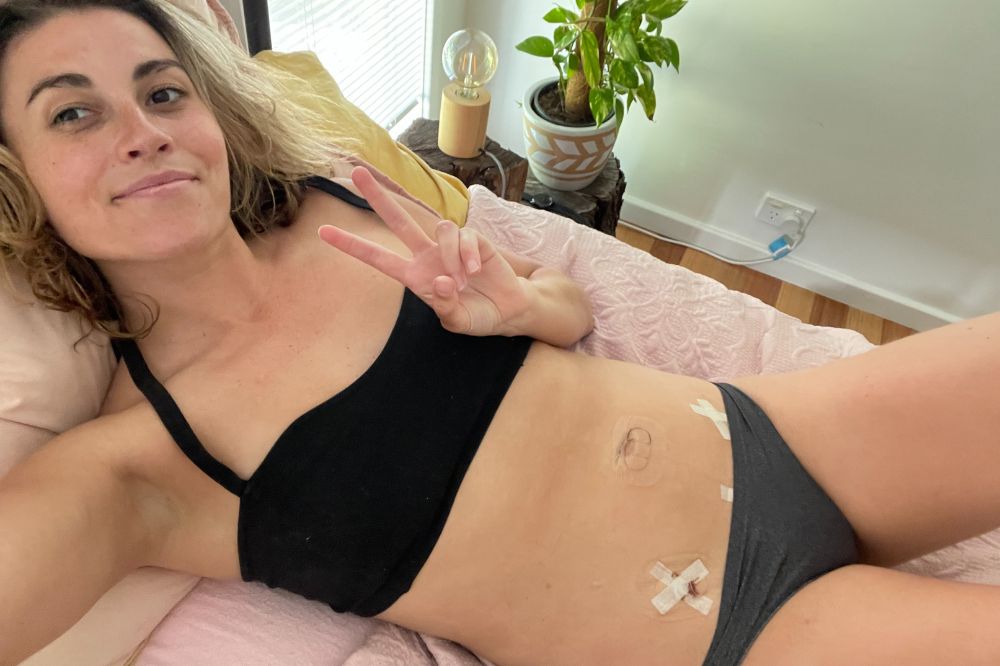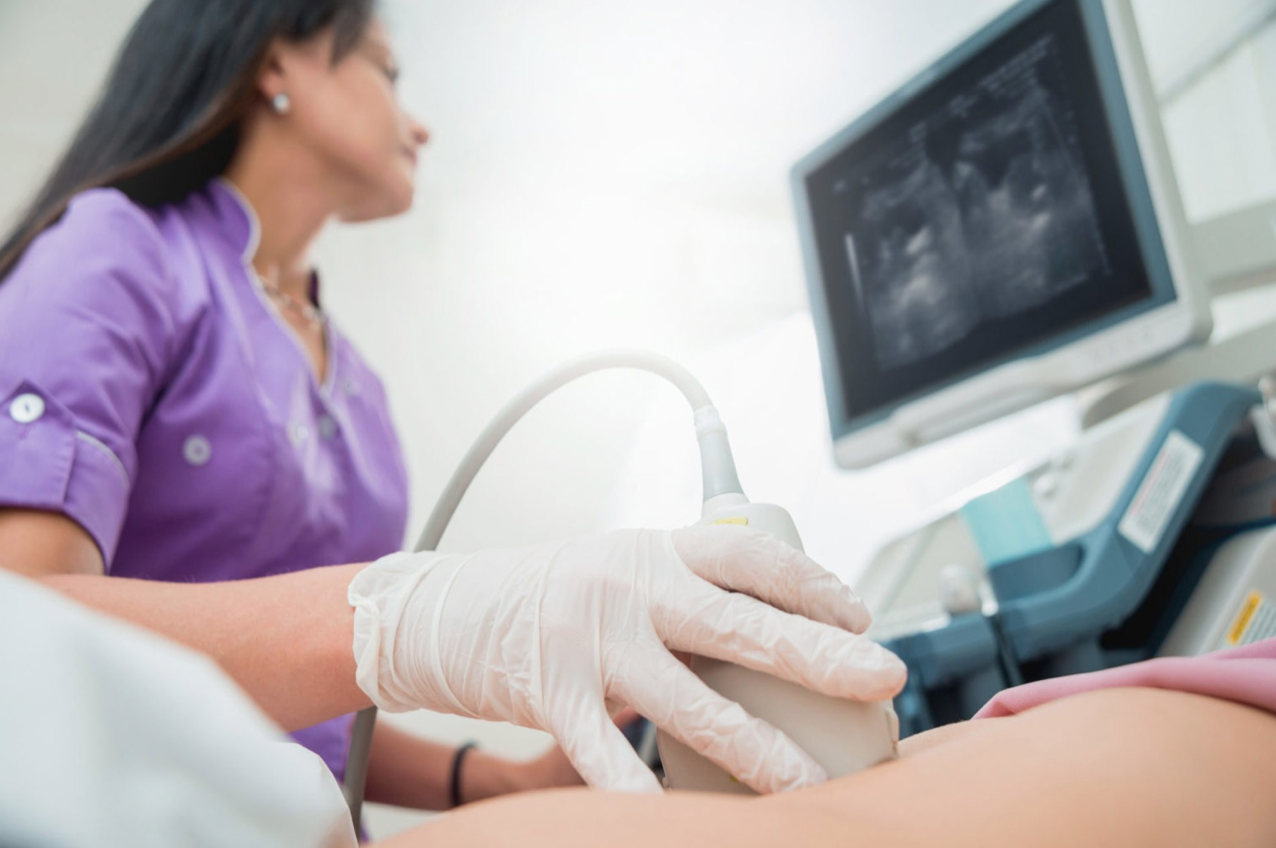We know that endometriosis is a chronic disease that can lead to symptoms such as period and/or pelvic pain, fatigue, and bowel disturbances. But endometriosis is not just a physical disease; at times these symptoms can be difficult to manage which may influence your overall emotional wellbeing or mental health. During focus groups people with endometriosis have told us that it can impact them financially, disrupt their work life balance, affect social interactions and relationships. All of these factors can influence your quality of life.
So what is quality of life?
Quality of life is a measure we use in research that looks at your overall satisfaction with different aspects of your life (health, work, social, etc). In health research, we tend to focus on Health-Related Quality of Life, which is a person’s overall satisfaction with their health and the impact their health has on their day-to-day life. Researchers found that people with endometriosis had lower physical and mental quality of life when compared to others without the disease. For those with endometriosis this won’t come as a surprise particularly when you are experiencing symptoms, but what can you do about it?
What are some ways you can improve your quality of life if you are living with endometriosis?
There seems to be a link in the research between self-efficacy (your confidence to manage your condition) and improved quality of life. This may be related to being able to better cope with your symptoms and to manage your condition more effectively.
Here are some steps you can take to improve your confidence to manage endometriosis:
- Learn about endometriosis, symptoms and treatment options – knowledge is power!
- Find out what works for you – different treatments and strategies work differently for different people. For example, some may respond well to a certain medication, exercise, diet or complementary therapy whilst others may not experience the same benefits
- Work with your health care provider to make a plan that’s most suitable for you (particularly for managing those flare days)
- Track your symptoms and report back to your health care team (not only telling them what doesn’t work, but also what does)
- Practice self-care – those activities that you can do yourself to manage your symptoms (e.g. heat pack, TENS, gentle exercise, stretches)
- Join an endo community – sharing information and experiences can help people on their journey to better endo management.
Written by,
Dr. Beck O’Hara, PhD, Robinson Research Institute, University of Adelaide











